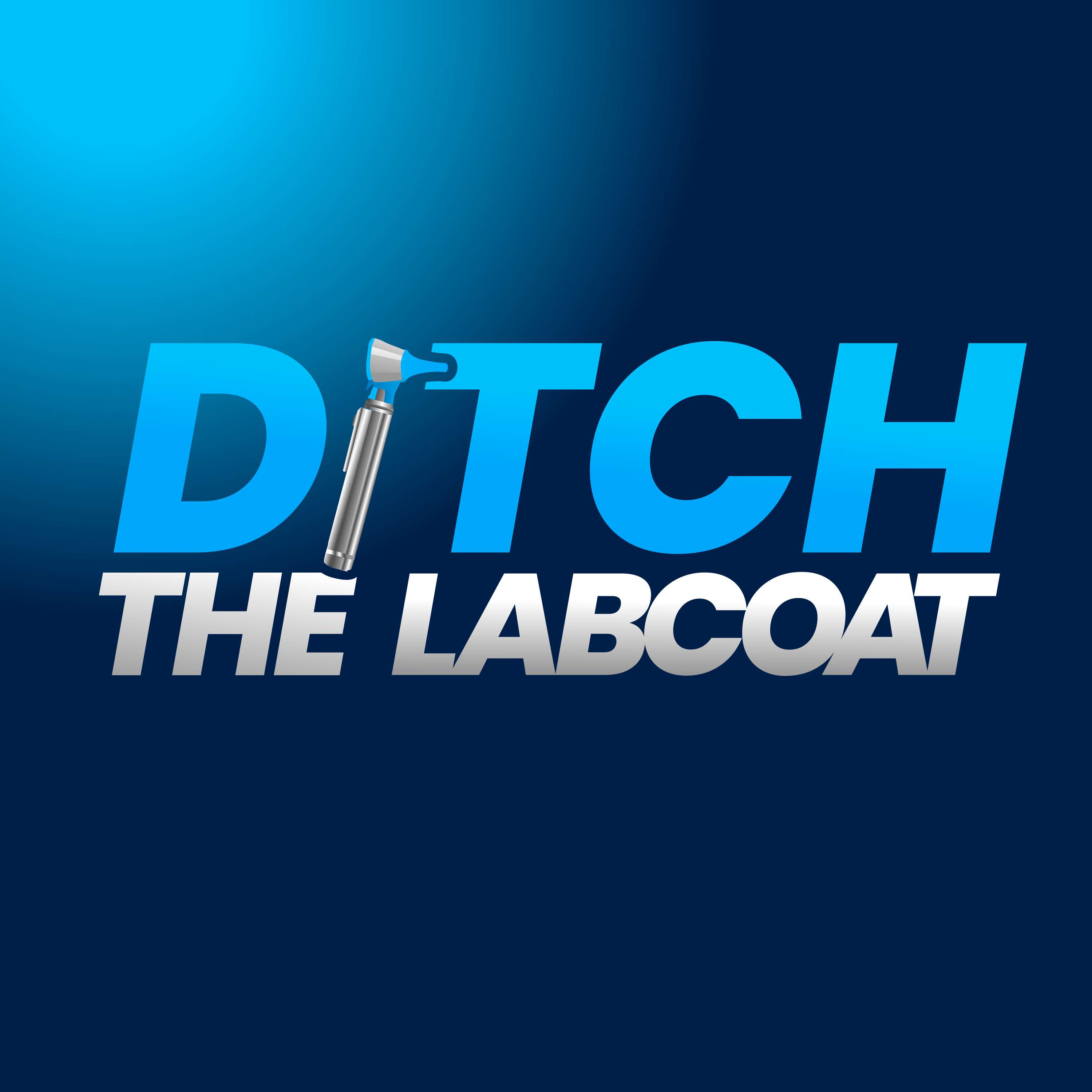Diabetes For Dummies with Dr Satya Dash
Description
DISCLAMER >>>>>> The Ditch Lab Coat podcast serves solely for general informational purposes and does not serve as a substitute for professional medical services such as medicine or nursing. It does not establish a doctor/patient relationship, and the use of information from the podcast or linked materials is at the user's own risk. The content does not aim to replace professional medical advice, diagnosis, or treatment, and users should promptly seek guidance from healthcare professionals for any medical conditions.
>>>>>> The expressed opinions belong solely to the hosts and guests, and they do not necessarily reflect the views or opinions of the Hospitals, Clinics, Universities, or any other organization associated with the host or guests.
Disclosures: Ditch The Lab Coat podcast is produced by (Podkind.co) and is independent of Dr. Bonta's teaching and research roles at McMaster University, Temerty Faculty of Medicine and Queens University.
Welcome back to "Ditch the Labcoat," the podcast where we cut through the medical jargon to bring you clear, actionable insights on health and wellness. I’m your host, Dr. Mark Bonta, and today, we're diving deep into the complex world of type 2 diabetes with our esteemed guest, Dr. Satya Dash.
In this episode, we’ll explore how even simple changes, like short bursts of post-meal activity, can significantly improve insulin sensitivity and control blood glucose levels. We’ll also bust the myth that sugary snacks are the real culprits behind kids going hyper on Halloween, and instead, look at the role excitement and events play.
From the multi-faceted approach required for managing type 2 diabetes, including lifestyle changes, advanced medications, and the promising role of bariatric surgery, to the future trends in diabetes treatment with groundbreaking hormonal modulators, this episode has it all. Dr. Dash will also share insights from an intensive 12-week program based on the UK’s Direct Study that has shown impressive diabetes remission rates.
We’ll discuss the role of caloric surplus in weight gain, the effectiveness of early intervention, and the challenges of sustaining long-term weight loss—touching on everything from genetic predispositions to the importance of individualized treatment plans.
So hunker down and get ready to ditch that lab coat mentality as we uncover the truths about managing and potentially reversing type 2 diabetes. Stay tuned for an informative and unscripted dialogue designed to bring a scientific skepticism to the latest healthcare trends. Let’s get started!
05:28 – Excess calories cause organ fat, leading to insulin resistance.
06:41 – Excess calories are stored differently by genetics.
10:11 – Various tests diagnose diabetes and prediabetes status.
14:13 – Does healthcare prioritize prevention or immediate treatment?
16:06 – Meal replacement aids type 2 diabetes remission.
20:20 – Weight loss primes overeating; habits revert easily.
23:13 – Diabetes management improves health, despite temporary remissions.
27:58 – Managing diabetes requires medication beyond conversation.
31:43 – Surgery aids health; underutilized yet validated.
34:18 – Various procedures offer health benefits for diabetes.
37:29 – Tirzepatide reduces A1C; costly but effective.
39:38 – Oral drugs may surpass injections, surgery options.
46:07 – Episodes are unscripted, conversational, occasionally require guidance.
47:25 – Simplifying complex topics for understanding diabetes management.
More Episodes
Published 10/31/24
DISCLAMER >>>>>> The Ditch Lab Coat podcast serves solely for general informational purposes and does not serve as a substitute for professional medical services such as medicine or nursing. It does not establish a doctor/patient relationship, and the use of information from...
Published 10/23/24
DISCLAMER >>>>>> The Ditch Lab Coat podcast serves solely for general informational purposes and does not serve as a substitute for professional medical services such as medicine or nursing. It does not establish a doctor/patient relationship, and the use of information from...
Published 10/16/24


